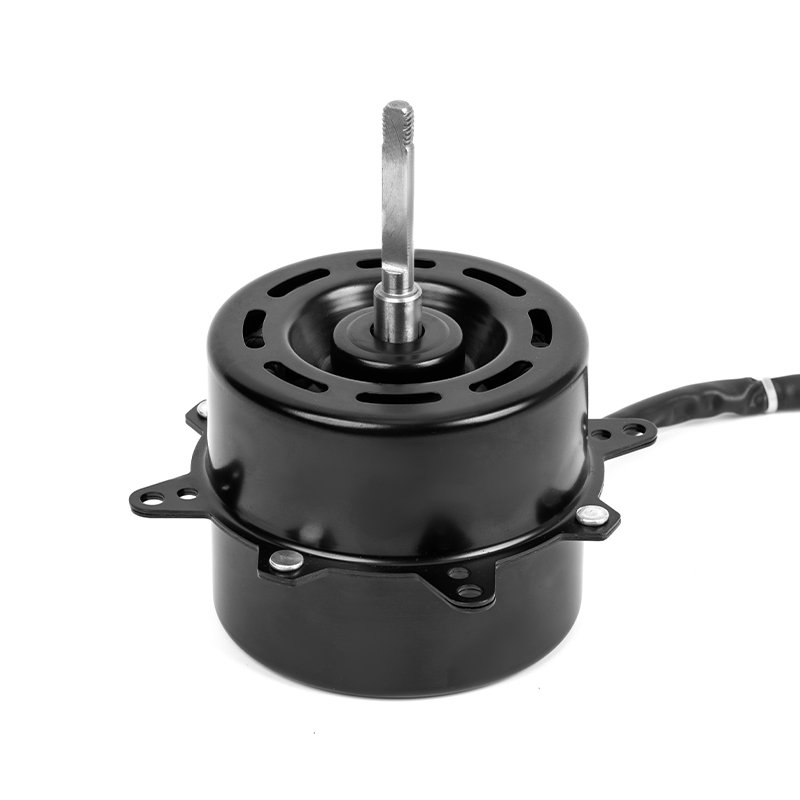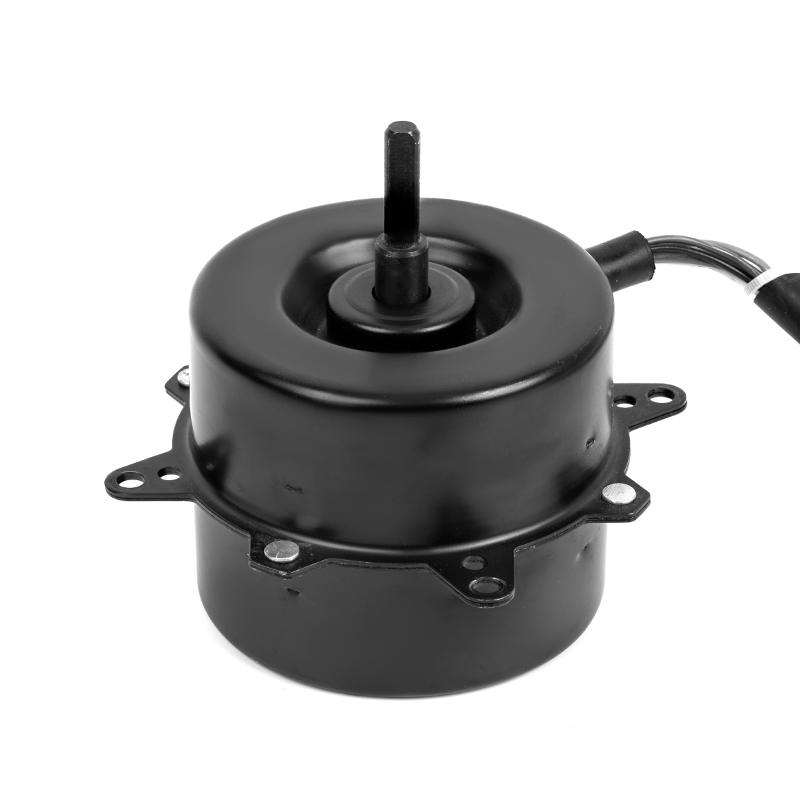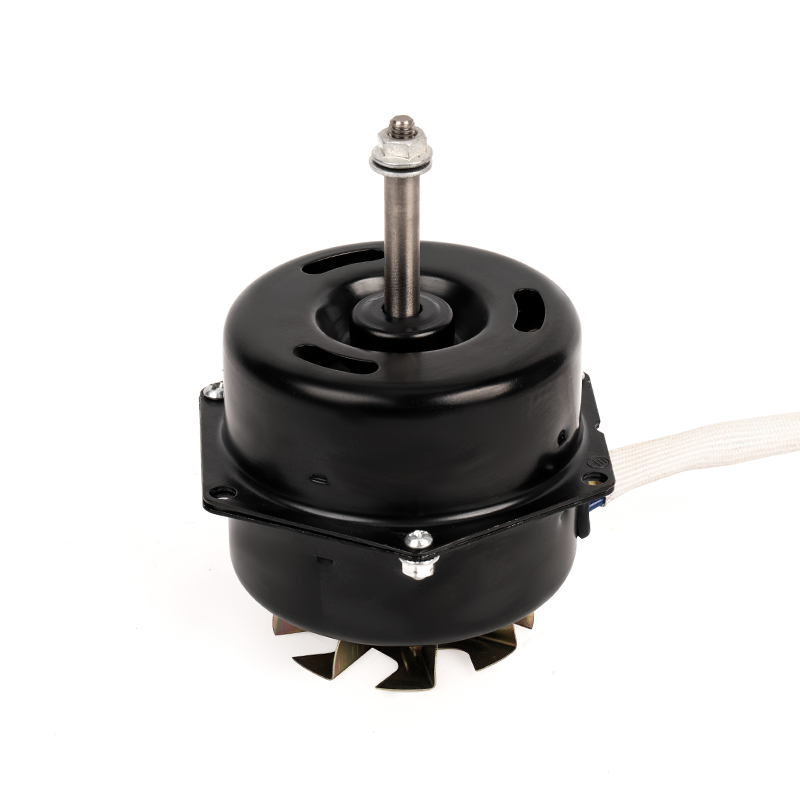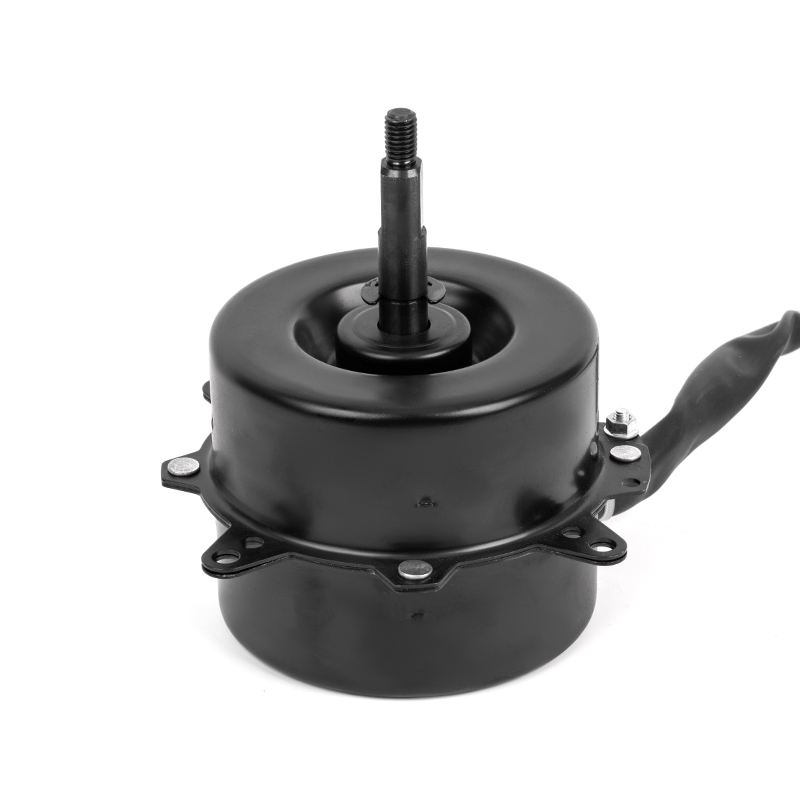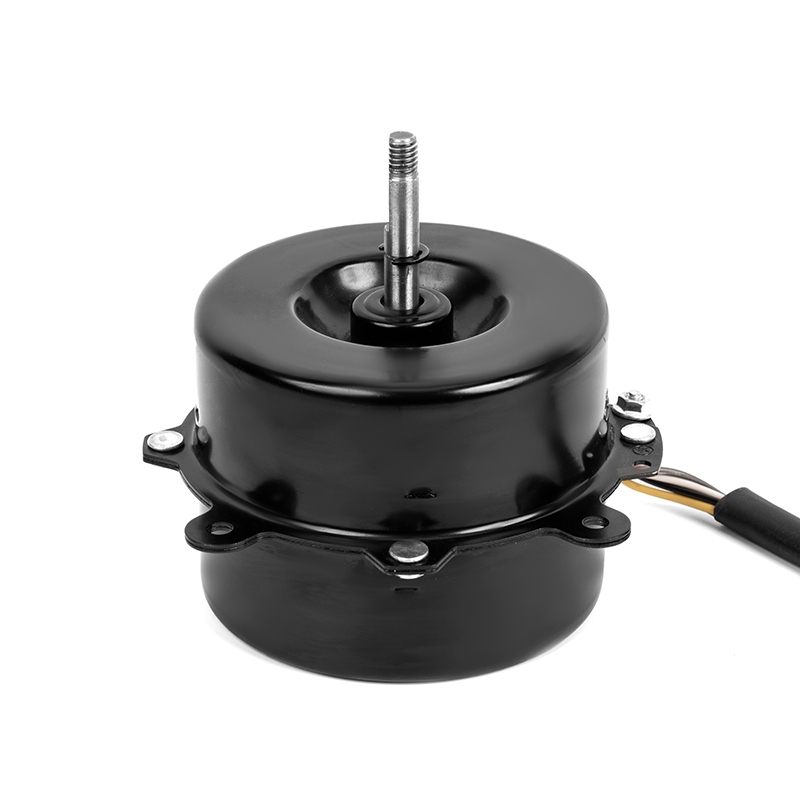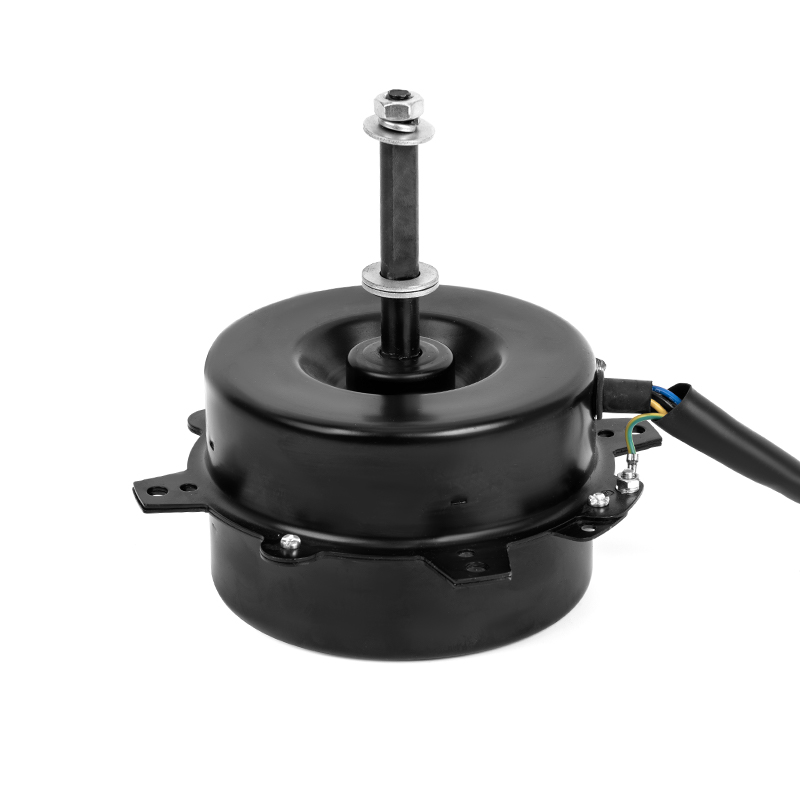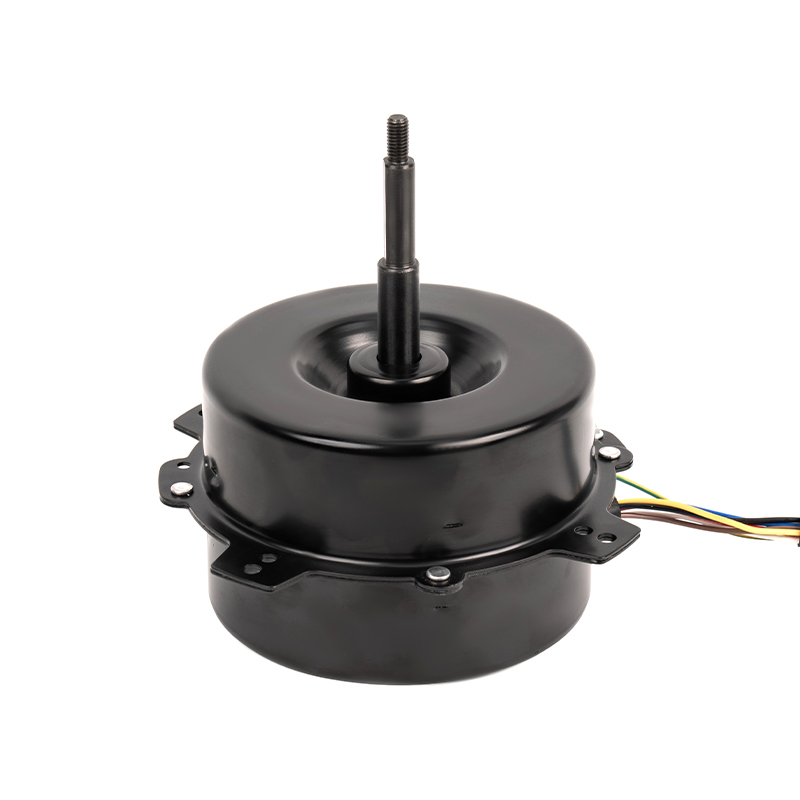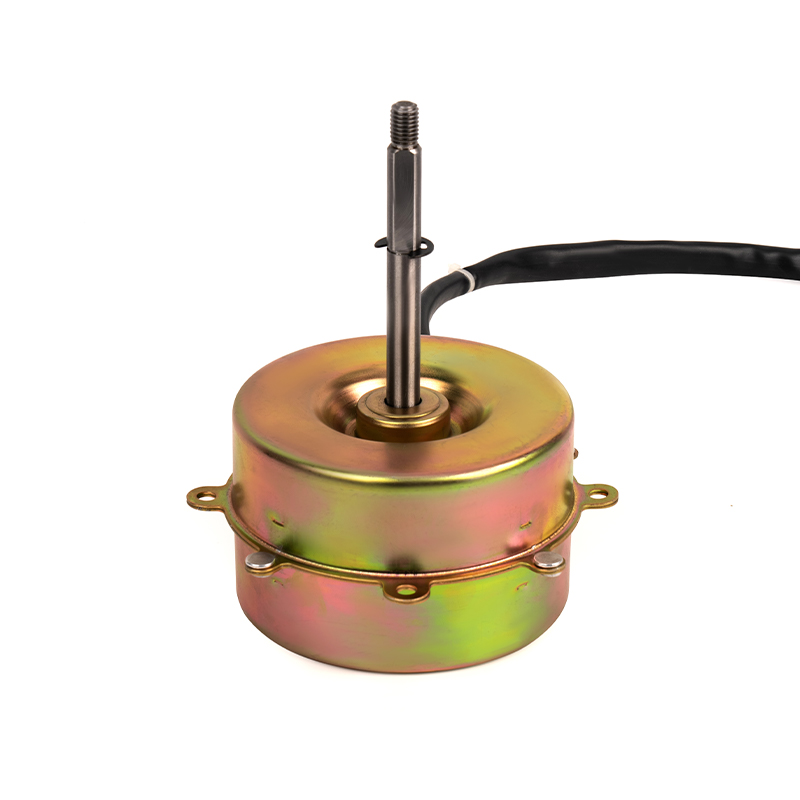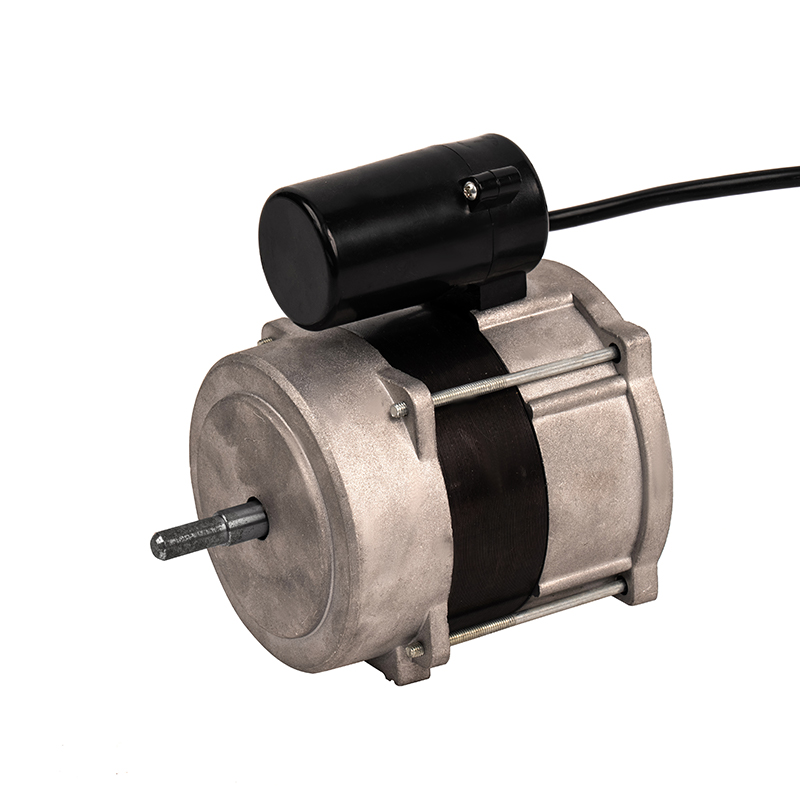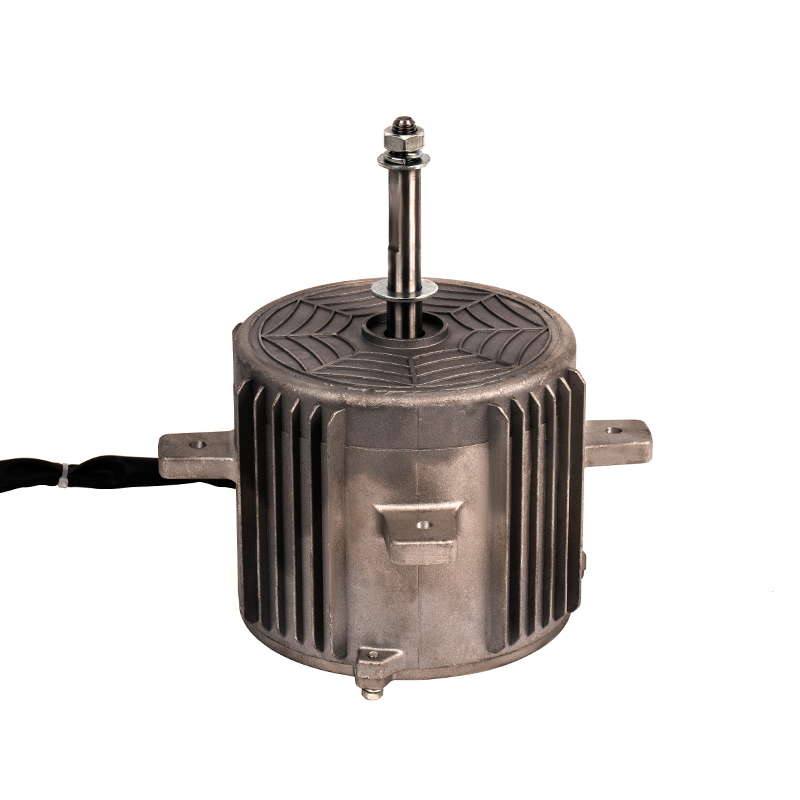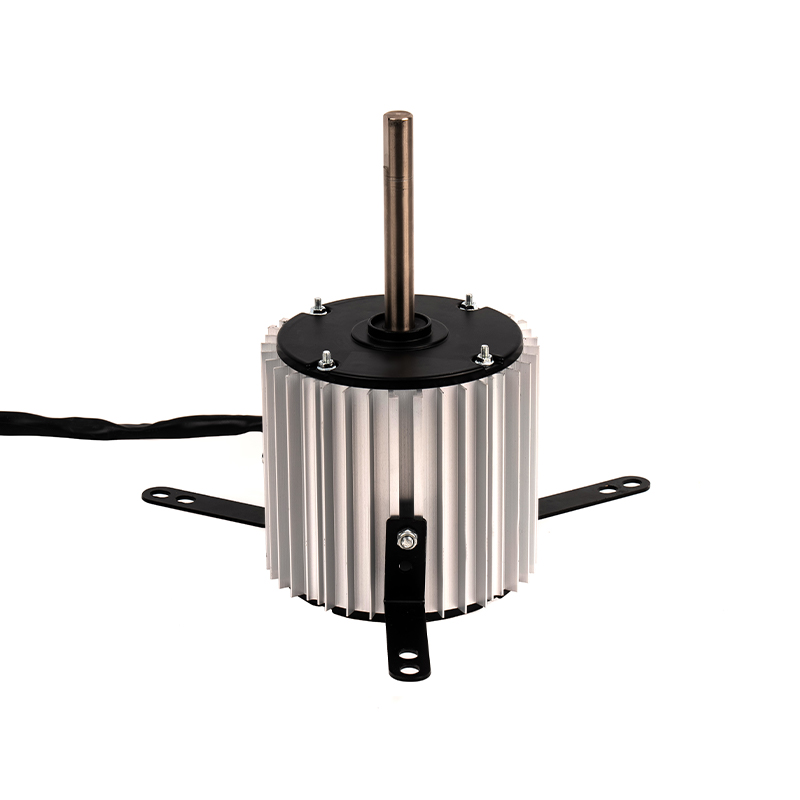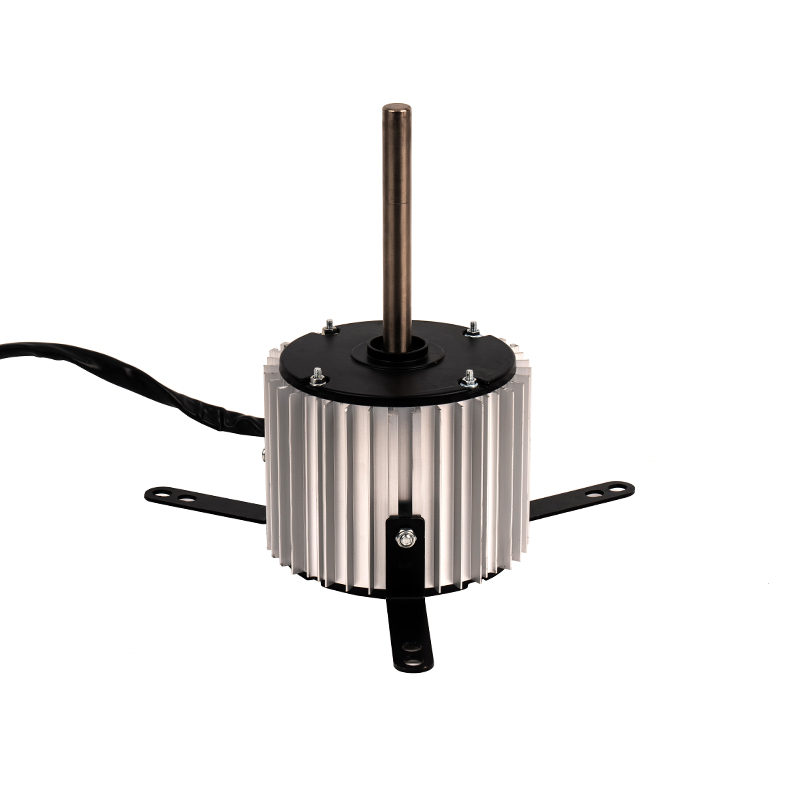Overheating is a significant risk for any motor under continuous or heavy-duty operation. To mitigate this, desktop aluminum shell cold air AC motors incorporate sophisticated overheat protection systems that monitor internal temperature levels in real time. These systems rely on temperature sensors or thermal fuses strategically placed within the motor housing. If the motor exceeds its designated temperature threshold due to mechanical strain, environmental factors, or prolonged usage, the overheat protection mechanism activates an automatic shutdown. This proactive measure not only protects internal components from heat-induced damage but also significantly reduces the risk of external hazards such as fires.
The aluminum shell plays a dual role in ensuring thermal safety. Known for its exceptional thermal conductivity, aluminum effectively dissipates heat generated during the motor’s operation. This reduces the accumulation of excessive heat within the motor, ensuring a consistent and safe operating temperature. Additionally, high-quality thermal insulation materials are often integrated within the motor to prevent heat transfer to critical electrical or mechanical components. This layered approach provides redundancy, safeguarding both the motor and its surroundings from overheating risks.
Efficient cooling systems are a hallmark of desktop aluminum shell cold air AC motors. These systems often include precision-engineered fans or forced-air ventilation mechanisms that circulate cool air across heat-sensitive components. By maintaining an optimal airflow, these motors enhance heat exchange and prevent localized overheating. This feature is particularly effective in compact designs where internal components are closely packed. The synergy between the built-in cooling system and the thermally conductive aluminum shell ensures a stable operational environment, even during intensive use.
Fluctuations in electrical voltage can pose significant risks, such as electrical surges, spikes, or drops, which can damage internal circuitry or disrupt performance. To address this, desktop aluminum shell cold air AC motors are often equipped with automatic voltage regulation (AVR) systems. These systems continuously monitor incoming electrical currents, adjusting them as necessary to maintain a stable and consistent voltage supply. By preventing voltage irregularities from affecting the motor, AVR not only enhances safety but also contributes to the motor's durability and operational efficiency.
Short-circuits, caused by unintended electrical connections or wiring faults, can lead to overheating, fires, or catastrophic equipment failure. To prevent such scenarios, these motors are designed with integrated short-circuit protection mechanisms. These systems detect abnormalities in the electrical circuit and instantly interrupt the power supply to the motor. By acting swiftly, short-circuit protection minimizes damage to internal components and ensures the safety of users and surrounding equipment.
Overcurrent occurs when a motor draws more electrical current than it is designed to handle, often due to mechanical blockages, overloading, or wiring issues. Desktop aluminum shell cold air AC motors address this risk through overcurrent protection systems that monitor electrical input levels. If the motor detects an excessive current draw, it activates an automatic shutdown to prevent overheating, electrical burnout, and potential damage to connected devices. This feature not only protects the motor but also prevents energy waste and ensures operational reliability.
To prevent electric shocks and ensure user safety, these motors are built with robust grounding and electrical insulation systems. High-quality insulating materials encase internal wiring to eliminate the risk of electrical leakage. The aluminum shell is designed to be properly grounded, redirecting any stray electrical currents safely into the ground. This dual-layer protection is critical for compliance with safety standards and ensures that users can operate the motor with confidence, even in electrically sensitive environments.



 English
English عربى
عربى ++86 13524608688
++86 13524608688